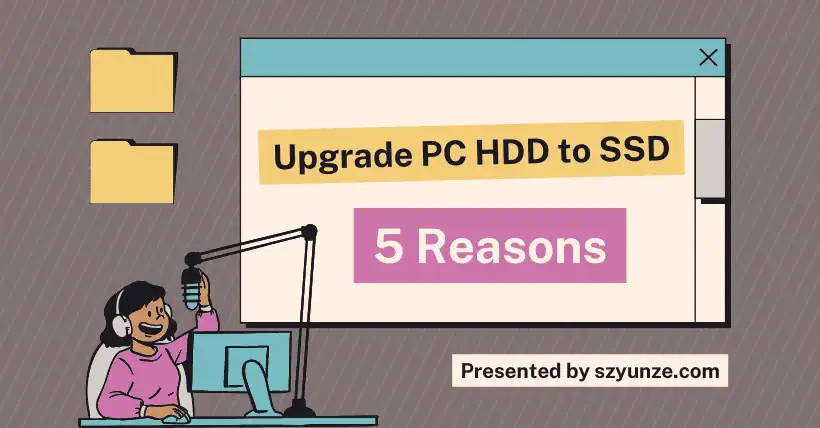When upgrading a PC, switching from a mechanical hard disk drive (HDD) to a solid-state drive (SSD) is one of the biggest performance leaps you can achieve with just a single hardware change. HDDs are great for large-capacity storage, but they are too slow for booting Windows, playing games, or editing videos!
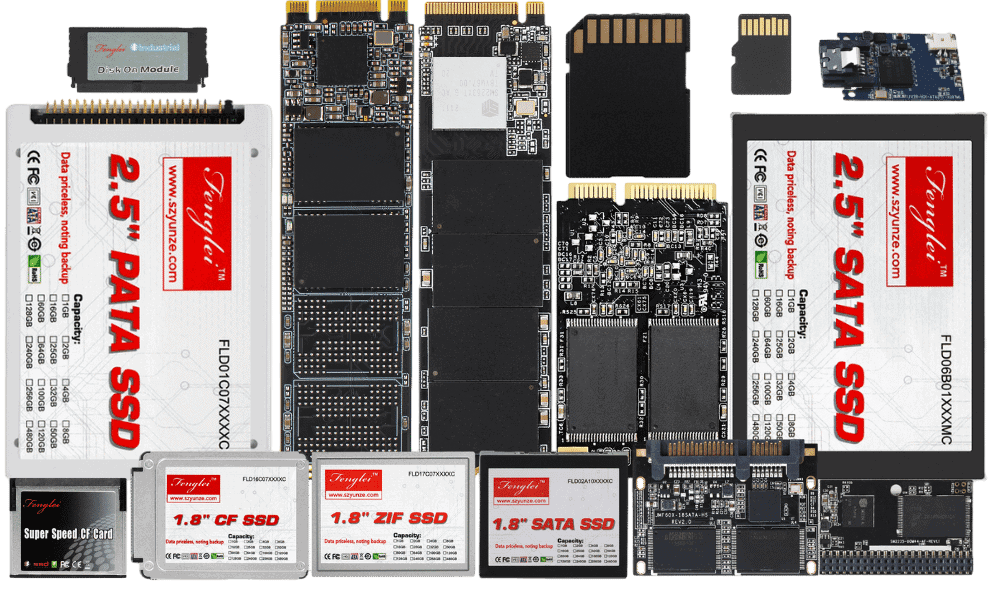
Moreover, you don’t need to spend a lot of money on the latest and greatest PCIe 5.0 SSD to notice the difference; even a basic SATA SSD will be faster than an HDD. So, if you’re still debating whether to upgrade your computer’s HDD to an SSD, consider the benefits SSDs can offer.
01
Games load faster by upgrading HDD to SSD
For gamers, hard drives are mostly used to store games. As games improve in graphics quality and increase in size, saving them on a traditional HDD means waiting a long time when opening the game.
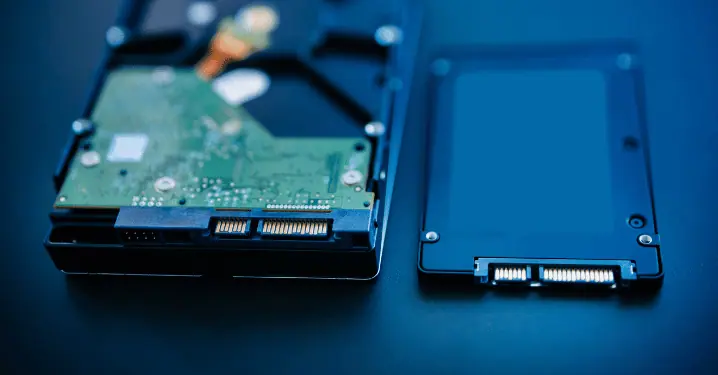
There are already many online tests comparing the time it takes for SSDs and HDDs to load the same game. For instance, many HDDs take over a minute to load “Red Dead Redemption 2,” while an ordinary SATA SSD can reduce this to around 35 seconds, and an NVMe SSD might only need about fifteen seconds to complete game loads.
Because HDDs are primarily made of mechanical components, they need to move the internal head to find the corresponding file when launching almost any game, whereas SSDs use semiconductor chips, making file access much quicker than HDDs.
02
The system boots faster by upgrading HDD to SSD
Compared to HDDs, SSDs are faster in almost all aspects, including the computer system’s boot time. Besides faster game loading times, system boot time is another significant improvement, which you’ll notice immediately after upgrading to an SSD, and this is why many people use SSDs for both their system and data drives.
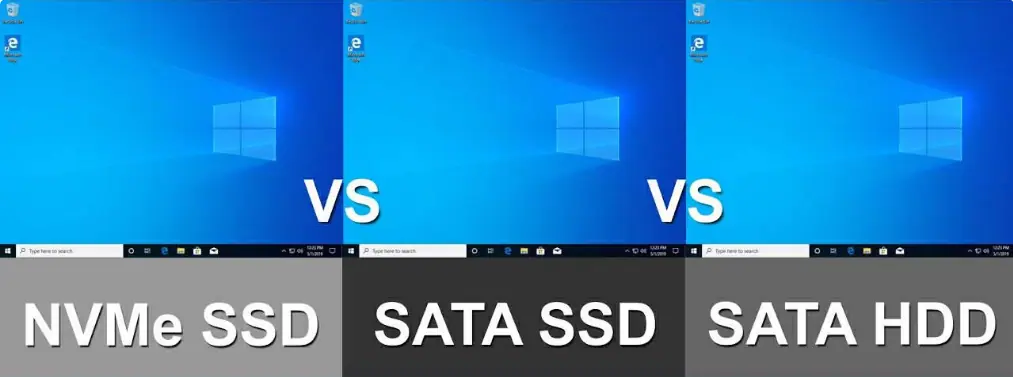
For reference, an NVMe SSD can boot Windows 10 in about 11 seconds, a SATA SSD takes about 40 to 45 seconds, and in some cases, an HDD might take several minutes. Keep in mind that the fuller your drive is, the slower its boot speed will be. However, system boot time also depends on other factors, such as hardware configuration, the operating system itself, and the number of auto-start applications. Regardless of how these factors impact, under the same conditions, SSD’s boot speed is always much faster than HDD’s.
03
Increases productivity by upgrading HDD to SSD
Photographers, graphic designers, and even 3D artists, as well as anyone whose daily work involves transferring large files, will benefit from the faster transfer speeds on SSDs. For instance, developers using SSDs can speed up code compilation, running tests, and deploying applications.
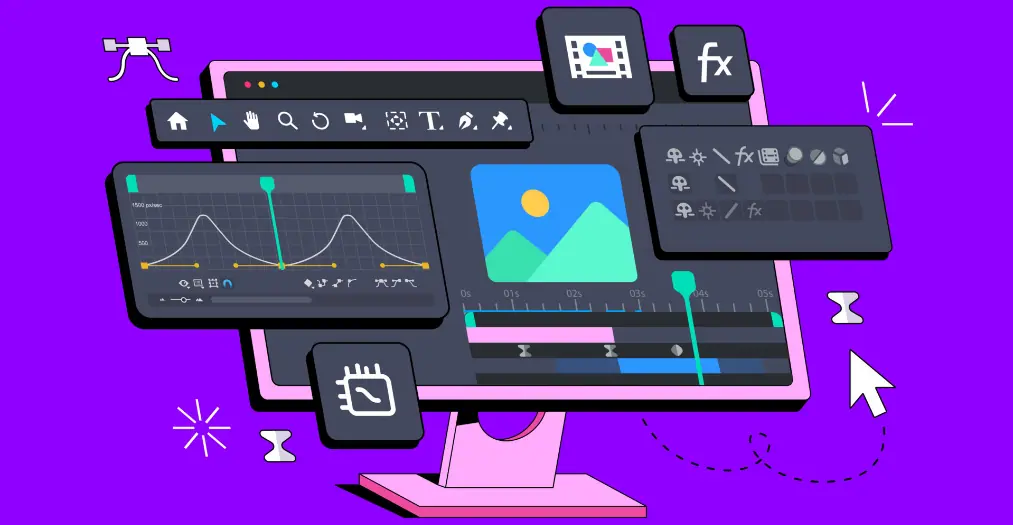
Of course, HDDs can still be used for large-capacity storage, but SSDs are a better choice for all work-related tasks. Most importantly, after switching to an SSD, your PC will feel more agile, and switching between multiple applications, and copying/pasting multiple files will be faster.
04
More reliable and quieter by upgrading HDD to SSD
If you have higher demands for disk reliability, SSDs are still a better choice. However, it’s important to note that SSDs have a limited number of write cycles before the storage cells wear out. Nevertheless, modern SSDs have a large number of write cycles, usually measured in TBW (terabytes written), and based on an average person’s daily writing amount, a 512GB SSD can theoretically last for over a decade without issues.

On the other hand, HDDs are prone to mechanical failures, like any device composed of mechanical parts, creating a lot of friction inside the drive. This makes HDDs run louder and more prone to wear than SSDs. Simply put, because they do not require mechanical parts, SSDs are generally more reliable and quieter.
05
Extends battery life by upgrading HDD to SSD
Since SSDs can complete more tasks at a faster rate, they are more efficient than HDDs. While the overall power consumption of both can be negligible, the time saved can translate into better efficiency. Users will waste less time on booting, loading screens, and file transfers, enhancing the battery life of their devices.
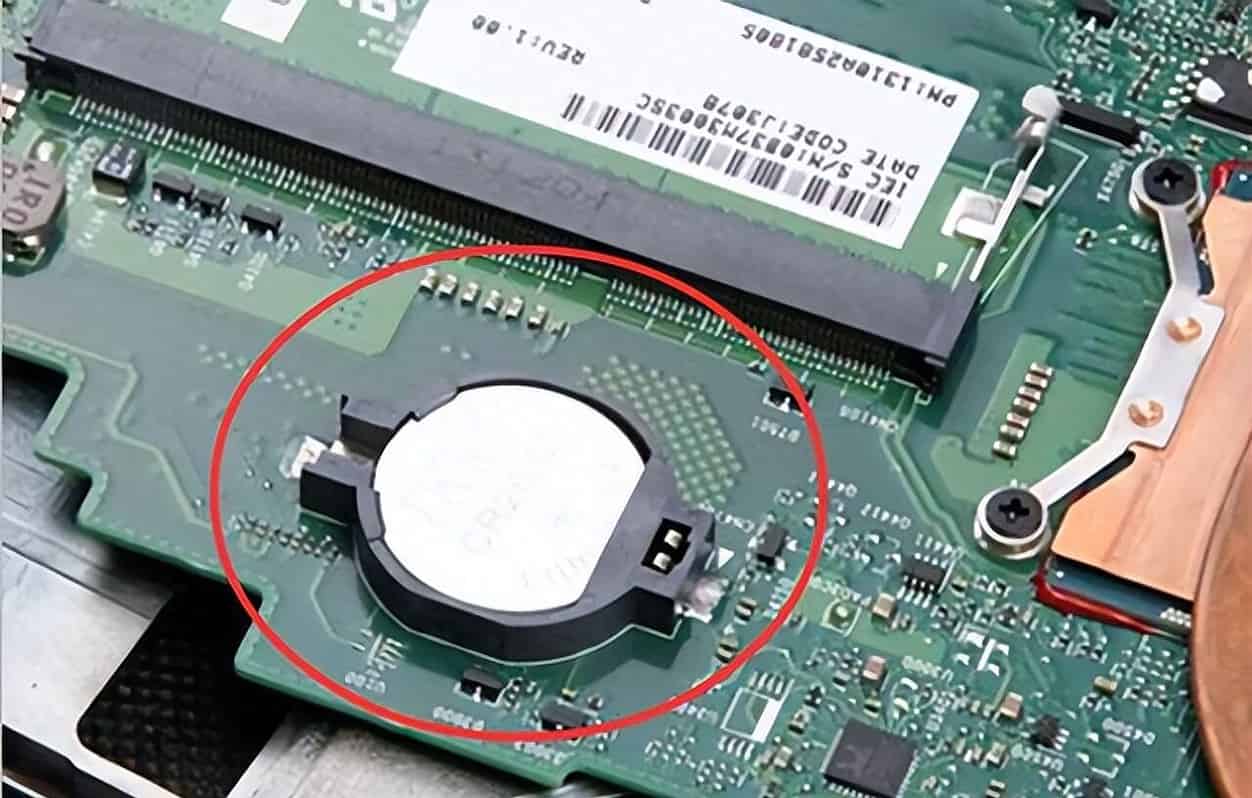
Whether it’s an SSD or an HDD, the delay from idle to active state significantly affects battery life. HDDs have a higher delay from idle to active state, so laptops using HDDs consume battery faster.
Of course, this may not be important for desktop users. However, if you are using a laptop, even if it came pre-installed with an HDD, consider switching to an SSD for faster speeds and longer battery life.
06
Words in the end
In summary, due to the lack of mechanical parts, SSDs are faster, more efficient, and generally more reliable. HDDs still have a place, as they are better suited for large capacity storage and are relatively cheaper, suitable for storing surveillance footage, downloading resources, and more, especially since most NAS devices still predominantly use HDDs. However, for gaming and productivity, SSDs are undoubtedly the better choice.

Disclaimer: This article is created by the original author. The content of the article represents their personal opinions. Our reposting is for sharing and discussion purposes only and does not imply our endorsement or agreement. If you have any objections, please contact us through the provided channels.



